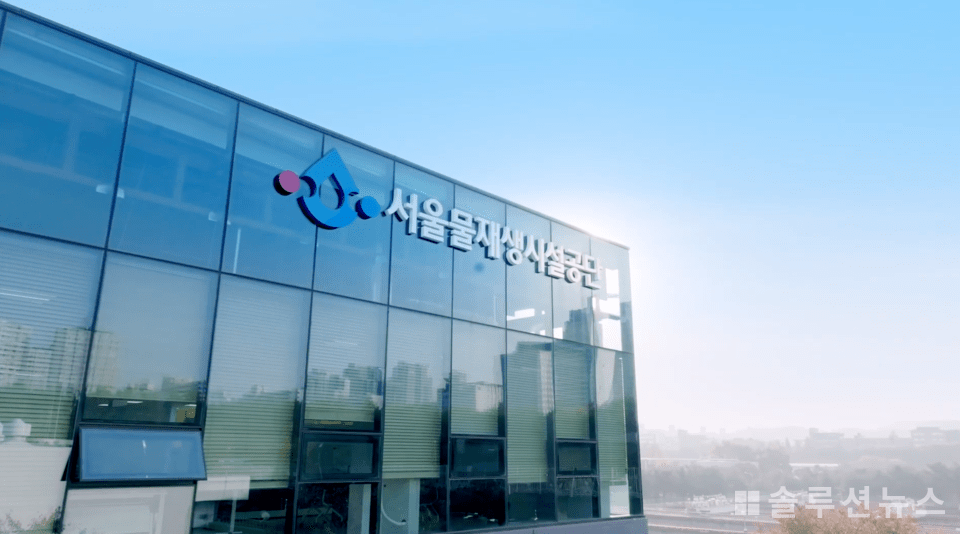The Seoul Water Recycling Facility Corporation has become the first environmental organization in special metropolitan areas in South Korea to receive international accreditation in the wastewater and waste sectors. This recognition, obtained from KOLAS under the Korea Laboratory Accreditation Scheme, officially certifies the facility’s testing and analytical capabilities in compliance with international standards (ISO/IEC 17025).
KOLAS evaluates the technical capabilities and quality management systems of testing organizations, granting accreditation to international standard bodies. The test results from institutions accredited by KOLAS are recognized with the same authority in 104 countries under the ILAC Mutual Recognition Arrangement.
With this accreditation, the corporation is now registered as the 11th KOLAS accredited institution in the domestic wastewater and waste sectors. The test analysis items cover a total of 17 heavy metal elements in wastewater (copper, lead, arsenic, mercury, cadmium, zinc, chromium, iron, manganese) and sludge (copper, lead, arsenic, mercury, cadmium, zinc, nickel, hexavalent chromium).

The Seoul Water Recycling Facility Corporation conducts monthly analyses of heavy metals in sewage and sludge at four water recycling centers in Seoul. This recognition acknowledges the corporation’s accumulated technical expertise and testing accuracy on an international level.
Moving forward, the corporation plans to focus on developing technologies to reduce environmental pollution and supporting businesses, leading efforts in sustainable water management and environmental protection.
A ceremony was held on March 17 to commemorate the KOLAS accreditation achievement. Attended by Chairman Kwon Wan-taek, Water Recycling Research Institute Director Kim Min-cheol, and other stakeholders, the event marked a new milestone as an internationally accredited testing facility.
Chairman Kwon Wan-taek stated, “The KOLAS accreditation is proof that the corporation’s testing and analytical capabilities have reached international standards. Going forward, we will continue to enhance the accuracy and reliability of our tests and concentrate all efforts on creating sustainable urban environments.”